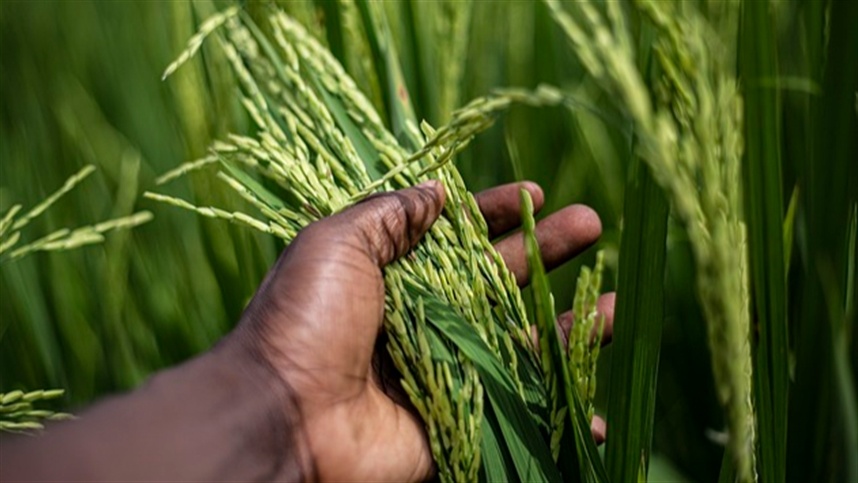International Research Consortium “Healthy Cultures” led by Prof. D. Wolf B. Frommer of the Heinrich Heine University Düsseldorf (HHU) is developing disease-resistant rice varieties. In eLife, the authors now report the discovery of a recent bacterial outbreak in Tanzania and describe how they modified a cultivar of African rice to make it resistant to the pathogen.
Bacterial rice rust, caused by the bacterium Xanthomonas oryzae pathovar oryzae (abbreviated Xoo), is responsible for devastating crop losses among rice farmers each year. Above all, it threatens the livelihoods of smallholder farmers in Asia and Africa and is responsible for malnutrition and hunger in the affected regions.
Although bacterial rust has not yet been considered a major threat to rice production in Tanzania, fields were discovered in the Morogoro region of eastern Tanzania in 2019, partially showing extensive damage from the disease. Subsequent research further indicated that the pathogen had already spread to many areas of Tanzania.
Based on the rapid spread, it is not likely that the disease will also spread to neighboring countries. To determine the arsenal used by this strain, the genome of the pathogen was sequenced. Sequence analysis showed that the bacteria differ from the original African population and are very similar to the Asian strains. Similar to the Asian strains but different from the African strains, they have a tool that inhibits a common rice resistance gene called iTAL, and they have a specific set of switches for plant storage.
Injection of a “master” regulatory protein, developed by these bacteria, into rice cells activates the production of a sugar transporter called DOCE11a which leads to the release of sugar near the bacteria, which can be used for nutrition and is necessary for bacterial reproduction and virulence.

“Wannabe internet buff. Future teen idol. Hardcore zombie guru. Gamer. Avid creator. Entrepreneur. Bacon ninja.”

